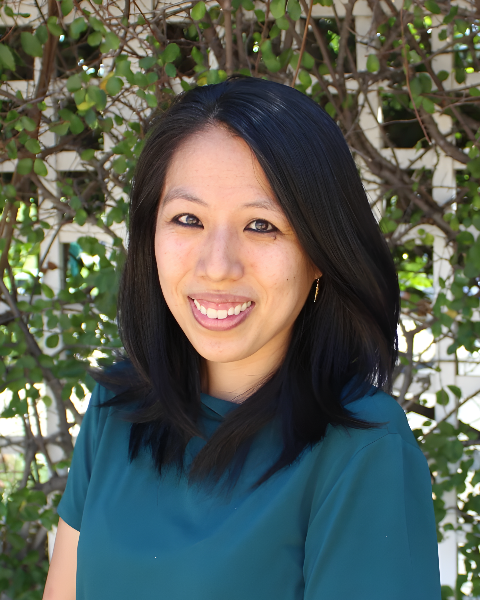IGNITE - 7 minutes for each presentation
Leadership, Mentoring, and Training the Next Workforce
F1. IGNITE: Empowering Future Leaders: Mentorship, Training, and Networking for Public Health Students and Professionals
F1.02 - IGNITE: Research Mentorship and Engagement to Promote Student Interest in Health Careers for Future Workforce Diversity
Thursday, April 17, 2025
3:07 PM - 3:14 PM PST
Location: Main Stage (International Ballroom), 2nd Floor
Area of Responsibility: Area IV: Evaluation and Research
Subcompetencies: 4.4.4 Draw conclusions based on findings., 4.4.6 Synthesize findings. 4.4.7 Develop recommendations based on findings.
Research or Practice: Research
Subcompetencies: 4.4.4 Draw conclusions based on findings., 4.4.6 Synthesize findings. 4.4.7 Develop recommendations based on findings.
Research or Practice: Research

Alice Lee, PhD, MPH
Associate Professor
California State University, Fullerton
Fullerton, California, United States
Presenter(s)
Learning Objectives:
At the end of this session, participants will be able to:
- Describe the current and growing need for health workers from diverse backgrounds.
- Describe a strategy that trains and supports disadvantaged students in their pursuit of health careers and higher education.
- Explain how research engagement and mentorship can help prepare students for success in higher education and the workforce
Detailed abstract description: There is a growing demand for public health and allied health professionals in the United States given the aging population and a shrinking workforce after the COVID-19 pandemic. It has also been strongly recommended that programs geared towards training students from diverse and disadvantaged backgrounds for health careers be developed since such students are more likely to work in underserved communities that often experience greater health needs and disparities. This is especially true for California, which is considered one of the most racially and culturally diverse states in the nation. As such, we created the Professions Advancing and Transforming Health (PATH) Academy at California State University, Fullerton (CSUF), which is funded by the California Department of Health Care Access and Information, to support disadvantaged students in their pursuit of health careers. Our PATH Research Scholars Program is a unique component in that it combines research mentorship with professional development to prepare students for higher educational attainment as well as workforce entry. In the program’s inaugural Summer 2024 cohort, a total of 19 undergraduate students engaged in faculty-mentored health research projects, spanning a wide range of topics including breast cancer navigation among Vietnamese Americans, motor skill development in infants, toddlers, and preschoolers as well as the application of artificial intelligence in healthcare ethics. Students were asked to complete surveys at the start and end of the program, which included scaling questions measuring self-perception of their skills, knowledge, and awareness regarding research and professional readiness. While students felt confident in their ability to present about research before joining our program, we found that they were less prepared to actually conduct research; all questions relating to hands-on research skills showed statistically significant improvements at our program’s conclusion (p < 0.05). We also noted increased confidence in the students’ perceptions of their ability to apply to and navigate graduate school (p < 0.05). Since many health careers require education beyond undergraduate studies, trainings and workshops geared towards the graduate admissions process would be greatly beneficial, particularly for first-generation college students who constituted 84% of our cohort. While our program did not change our students’ interest in becoming a health professional (p=0.43), it did increase their confidence in their knowledge of how to become one (p=0.004). Overall, the PATH Research Scholars Program is a promising framework that equips students aspiring to join the health workforce with the knowledge, guidance, and confidence to succeed. We plan to track our students’ progress towards attaining their health career goals and hopefully make strides in fulfilling future workforce needs.

